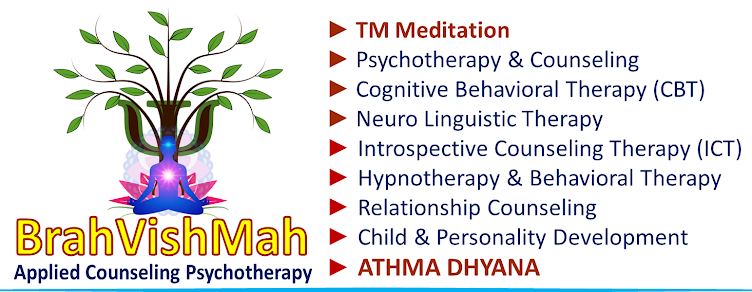Psychosis is characterized by an impaired relationship with reality
People who are experiencing psychosis may have either hallucinations or delusions
It is an abnormal condition of the mind that results in difficulties determining what is real and what is not real
Other symptoms may include incoherent speech and behavior that is inappropriate for the situation
The person experiencing psychosis may also have thoughts that are contrary to actual evidence. These thoughts are known as delusions
Some people with psychosis may also experience loss of motivation and social withdrawal
They may also cause people who are experiencing psychosis to hurt themselves or others
Primary cause
Psychosis has many different causes. These include mental illness, such as schizophrenia or bipolar disorder, sleep deprivation, some medical conditions, certain medications, and drugs such as alcohol or cannabis
One type, known as postpartum psychosis, can occur after giving birth
Acute psychosis is considered primary if it results from a psychiatric condition and secondary if it is caused by a medical condition
The diagnosis of a mental illness requires excluding other potential causes
Testing may be done to check for central nervous system diseases, toxins, or other health problems as a cause
Significant treatment of psychosis
Rapid rationalization
It may be necessary to calm them down quickly
This method is called rapid rationalization
A doctor or emergency response personnel will administer a fast-acting injection or liquid medicine to quickly relax the patient
Medication
Symptoms of psychosis can be controlled with medications called anti psychotics
They reduce hallucinations and delusions and help people think more clearly
The type of anti psychotic that is prescribed will depend on the symptoms
In many cases, people only need to take anti psychotics for a short time to get their symptoms under control
People with schizophrenia may have to stay on medications for life
Cognitive behavioral therapy
Cognitive behavioral therapy means meeting regularly to talk with a mental health counselor with the goal of changing thinking and behaviors
This approach has been shown to be effective in helping people make permanent changes and better manage their illness
It’s often most helpful for psychotic symptoms that don’t completely resolve with medications
Manivannan RJ




No comments:
Post a Comment